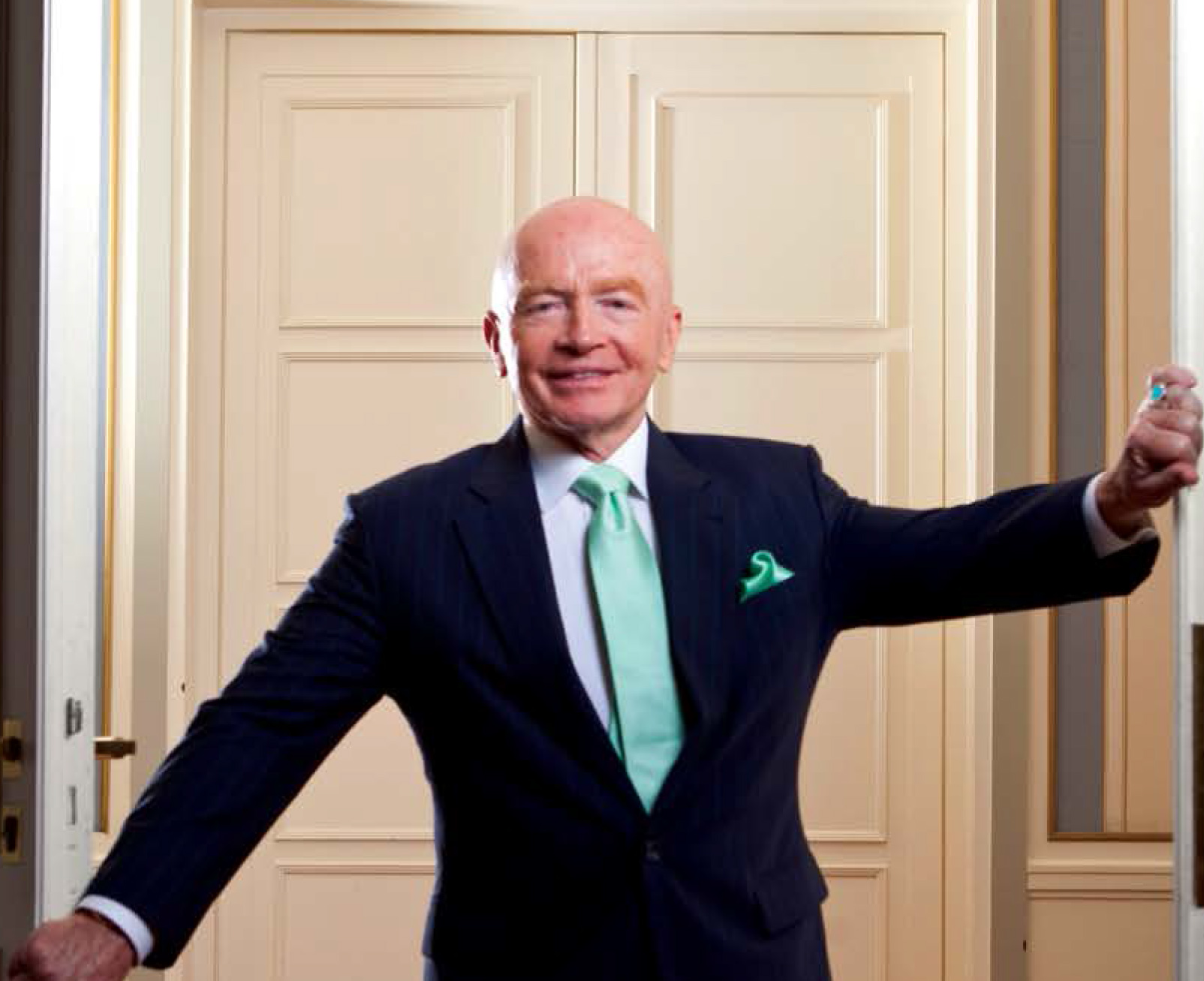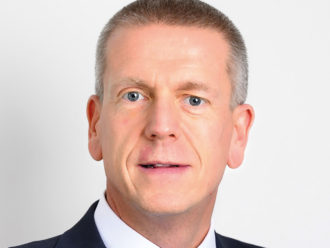Interview by Patrick Eisele and Heike Gorres
Mark Mobius is regarded in investment circles as one of the most successful emerging market investors of the last 20 years. The executive chairman of the Emerging Markets Group at Franklin Templeton has spent more than 40 years investing in the area, written several books on both emerging markets and investing and picked up numerous accolades in recognition of his work in developing market investment.
“You measure me against the index and against my peers. I don’t want to be like y peers, I want to be different. I want to do something more useful.”
Mark Mobius
Here, the high-profile manager speaks to portfolio institutional about the key emerging markets, including Brazil, Russia, India and China (BRICs) and the issues and opportunities present in this region. He also touches on the growth of frontier markets, the affect of Ben Bernanke’s Tapering announcement as well as why he does not look favourably on investing using indices. How have the Fed’s plans to taper its quantitative easing programme affected emerging markets?
Indications in mid-May from US Federal Reserve Chairman Ben Bernanke about a moderation in the central bank’s asset purchase programme caused fixed income investors who had invested in offshore bonds, particularly in emerging markets bonds, to view the high yields they were receiving in those bonds as less attractive if US interest rates were to rise. In addition, signals from the People’s Bank of China that it would not intervene in the market after a sharp spike in a key interbank lending rate in June raised concerns about the stability of the banking sector there, and further heightened investor concerns that global liquidity could dry up. A sharp, across-the-board selloff hit emerging market debt, currencies and equities during the second quarter. Those particular emerging market countries with high current account deficits, large foreign holdings of local bonds and exposure to China were among the worst affected. Turkey, Egypt and Brazil were particularly hard hit; their respective equity markets ended the quarter with declines. In addition, periods of social unrest in these countries also heightened investor anxiety. No doubt, emerging markets have been beaten up a bit this year. In the second quarter, the MSCI Emerging Markets Index lost 8.0% in US dollar terms, and emerging markets recorded outflows of US$33bn during the quarter; June alone accounted for US$22bn of the flows. This offset the US$32bn in net inflows from the first quarter of 2013, resulting in a net outflow of about US$1bn for the first half of the year.
Has this changed your view to any extent?
During the past few months, emerging markets have been subject to such pessimism. These periods of short-term volatility are certainly not new to us, and don’t change our long-term conviction of the potential emerging markets hold. We feel recent declines were overdone and based largely on irrational investor panic, and have viewed the recent pullback as an opportune time to search for bargains for our portfolios. We find valuations in many emerging and frontier stocks particularly attractive right now.
But there are so many uncertainties concerning the politics even in large emerging markets.
Political risk is everywhere. You get that in any country in the world. The great thing about emerging markets is that there are many of them, so to reduce your risk you can diversify very nicely. And that is also true of frontier markets. You have got thousands of companies in which to invest so you can diversify your risk. The political risk you are worried about is confiscation of assets and foreign exchange controls. And recently there have only been two countries where we worry about that: Argentina and Venezuela. And even Argentina, we can operate because we can buy American depositary receipts (ADRs) and other American companies.
How do you measure other risks on a global scale, such as the situation with North Korea?
We say ‘what are the chances of war breaking out?’ And the chances are very very low simply because, on one hand, if North Korea is going to war, it needs help from China and China is not interested in having a war with the US again. The US still has a cold war with Russia; the US just had a spy arrested by Russians. These perceived risks are beneficial to us because we can then locate opportunities. Argentina is an example. From the outside you look at Argentina as a basket case; this woman who is running it is turning it into a mess, but companies in the country are doing very well, they still generate earnings, they’re still paying dividends. Nigeria is looked upon as being a very risky country but we can find opportunities there; bargains and well-run companies that are undervalued. We can go in, take advantage.
Is the situation in Europe driving inflows to emerging markets?
I think that’s happening, and this is particularly true in frontier markets. We’ve seen an incredible flow from Europe, and from the developed countries into frontier markets because they are looking for returns – they are getting such low returns from their fixed income instruments and their stock.
Which frontier markets are benefitting in particular?
Nigeria, Kenya. Of course South Africa is an emerging market, not a frontier market, but we go there. Ghana, Zimbabwe believe it or not has opportunities, Malawi, Sierra Leone. It’s banks and consumer products. Not natural resources.
Is the BRIC idea still alive?
The concept was a very good one because it is few countries and people can get their head around it. But recently the BRIC countries, at least the index, have underperformed. Why? Well because people have been moving into small cap, into frontier, into other areas thinking that there will be greater opportunities in those areas. But it’s temporary. You ought to do something about indices and how false they are, how terrible they are, how misleading they are; how much they have destroyed the whole industry. It’s crazy, the index is what everybody else is buying. Then you say, ‘ok, now you borrow and everyone else is buying’. It is a stupid thing to do. Interview continues on page 2





Comments